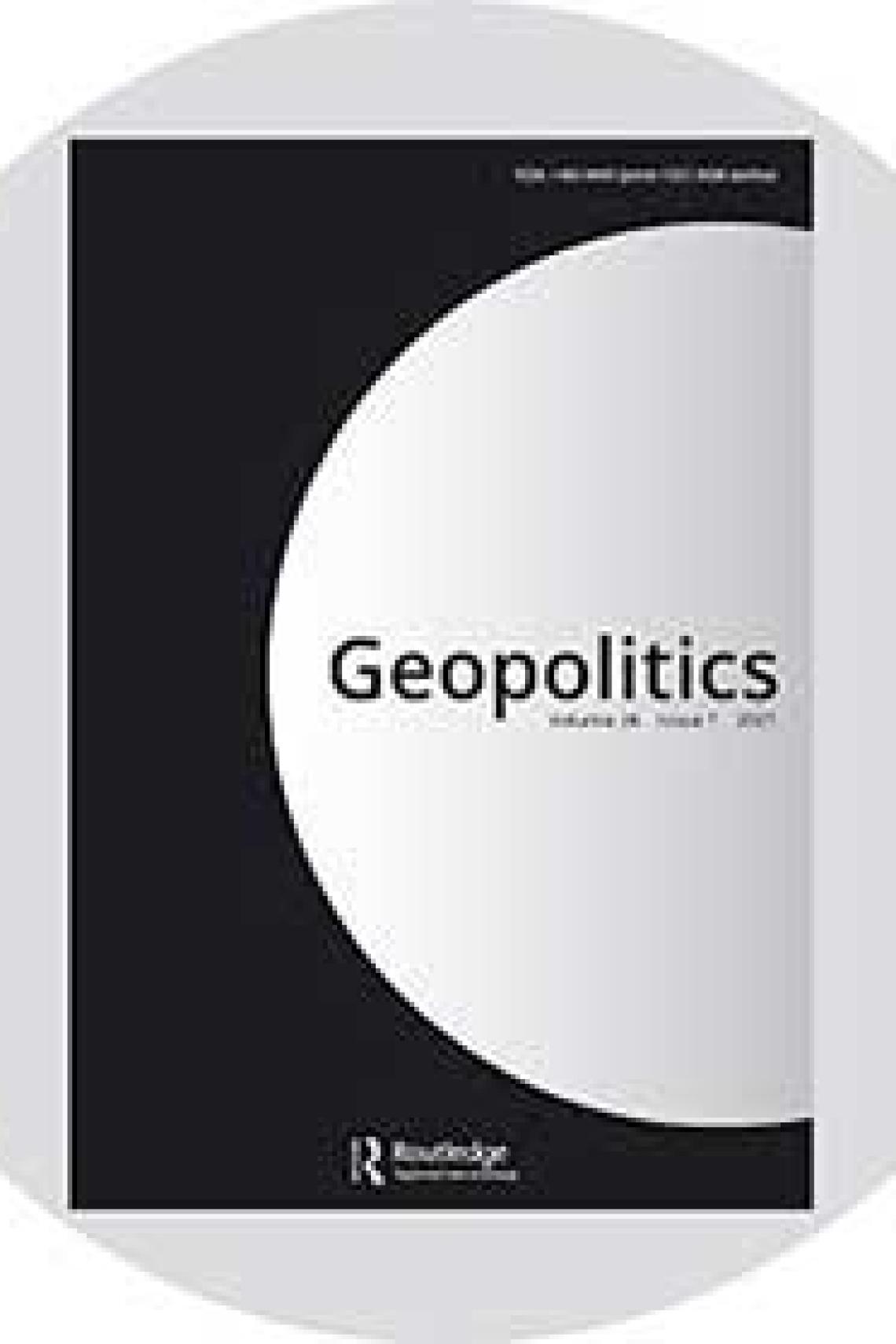New article co-authored by Loren Landau reflects on 'timespace trap' in Europe's response to African migration
A new article co-authored by Loren Landau draws on an ever-evolving corpus of scholarly, political, and public texts to reflect on the temporalisation and territorialisation of Africa in response to Europe’s ‘migration crisis.’
The article is co-authored with Iriann Freemantle of the University of Witwatersrand.
Re-awakened fears of the African other and its own divisive internal politics have presented Europe’s leaders with a dilemma: how to contain African ambitions to move while remaining true to their self-professed commitment to individual freedom, universal rights, and global progress.
To solve it, Europe has updated longstanding colonial narratives and identities by constructing a timespace trap. This trap justifies exclusion as readying Africa for an elusive global future. Employing temporal forms of socio-spatial governance, the Europeans dangle a global and mobile future to Africans willing to mould themselves into externally defined parameters of moral respectability. Adherence to immigration regulations authored and often imposed by Europe, together with a demonstrated commitment to family, community, and country mark one’s suitability to enter a global future. But meeting these legal and moral standards effectively means building a sedentary life dedicated to ‘development at home’.
Together with allies across sectors and continents, they are realising their ambitions through frameworks that morally justify intercepting and pre-empting movement as means of empowering and perfecting Africans. Doing so effectively excludes Africans from a shared, global humanity while discursively shielding Europe’s liberal commitments.
Iriann Freemantle and Loren Landau (2020) 'Migration and the African Timespace Trap: More Europe for the World, Less World for Europe', Geopolitics, DOI: 10.1080/14650045.2020.1859479

